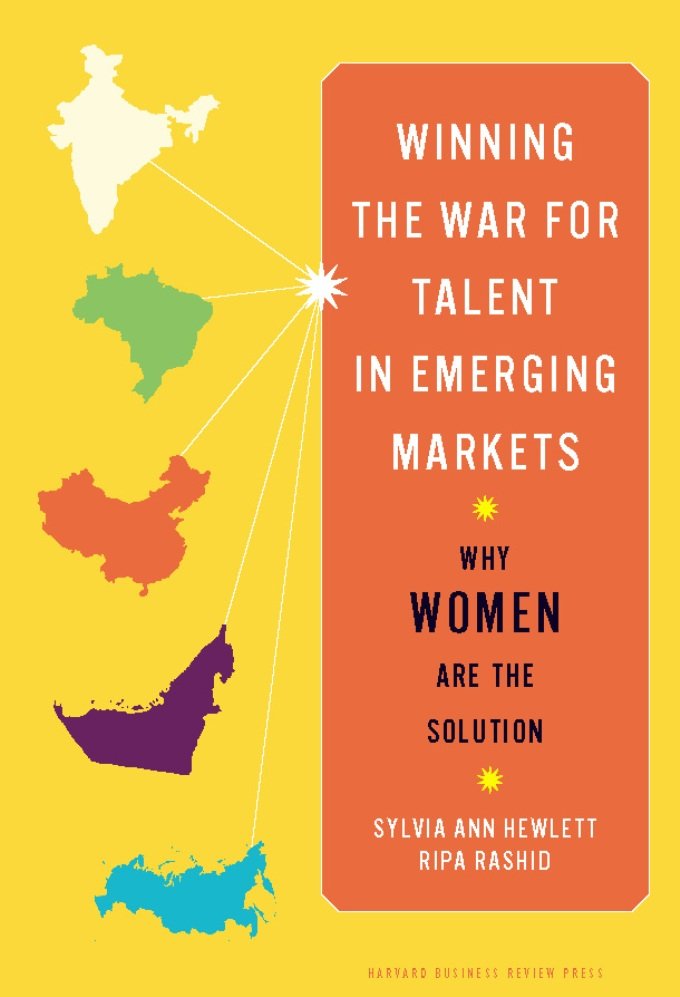Winning the War for Talent in Emerging Markets
Why Women Are the Solution

The war for talent is heating up in emerging markets. Without enough “brain power,” multinationals can’t succeed in these markets. Yet they’re approaching the war in the wrong way—bringing in expats and engaging in bidding wars for hotshot local “male” managers.
The solution is hiding in plain sight: the millions of highly educated women surging into the labor markets of Brazil, Russia, India, China, and the United Arab Emirates. Increasingly, these women boast better credentials, higher ambitions, and greater loyalty than their male peers.
But there’s a catch: Attracting and retaining talented women in emerging economies requires different strategies than those used in mature markets. Complex cultural forces – family-related “pulls,” such as daughterly duties to parents and in-laws, and work-related “pushes,” such as extreme hours and dangerous commutes – force women to settle for dead-end jobs, switch to the public sector, or leave the workforce entirely.
In Winning the War for Talent in Emerging Markets, Sylvia Ann Hewlett and Ripa Rashid analyze these forces and present strategies for countering them, including:
• Sustaining ambition through stretch opportunities and international assignments
• Combating cultural bias by building an infrastructure for female leadership (networks, mentors, sponsors)
• Introducing flexible work arrangements to accommodate family obligations
• Providing safe transportation, such as employer-subsidized taxi services
Drawing on groundbreaking research, amplified with on-the-ground examples from companies as diverse as Google, Infosys, Goldman Sachs, and Siemens, this book is required reading for all companies seeking to strengthen their talent pipeline in these rich and expanding markets.

Sylvia Ann Hewlett, economist and author of 10 high-profile books, is the founding president of the Center for Work-Life Policy and the chair of the Hidden Brain Drain Task Force – a group of 60 global companies and organizations committed to fully realizing female and multicultural potential. Ripa Rashid is a senior vice president of the Center for Work-Life Policy and has over 15 years’ experience as a management consultant in North America, Europe, Latin America and Asia.



